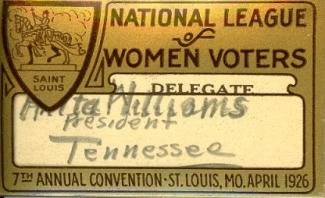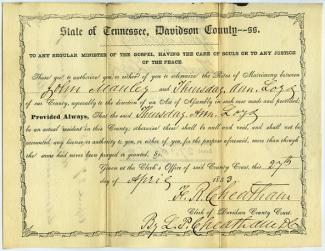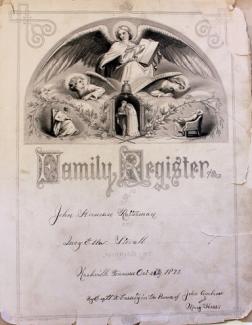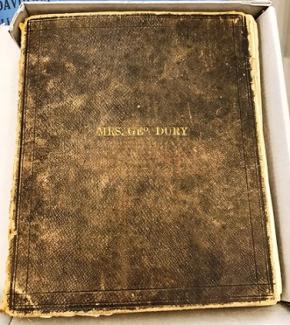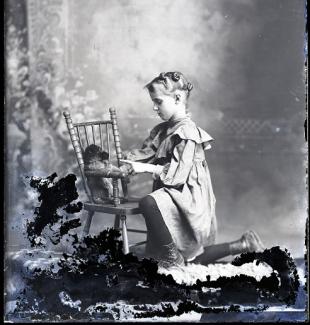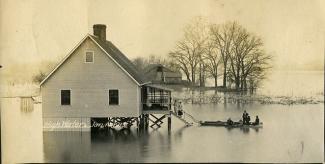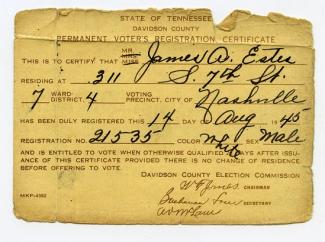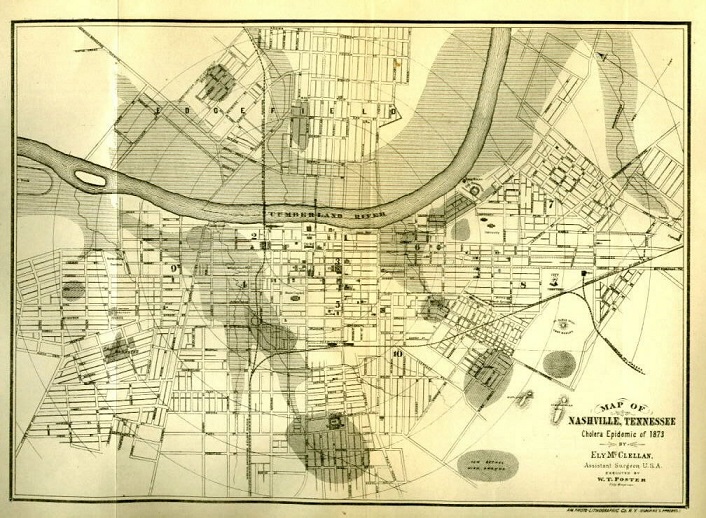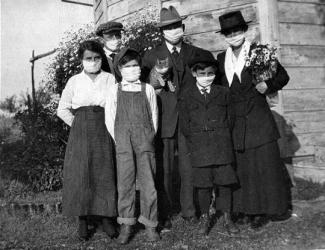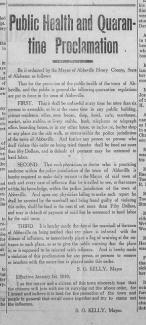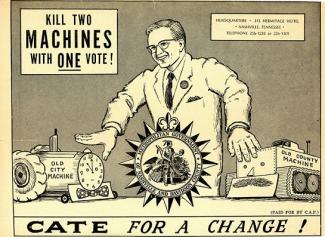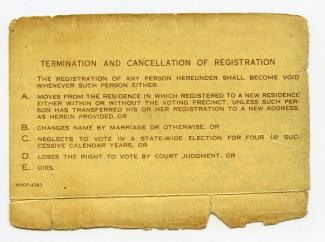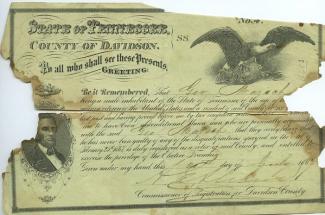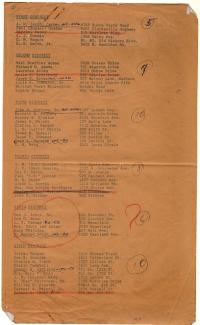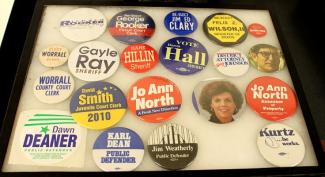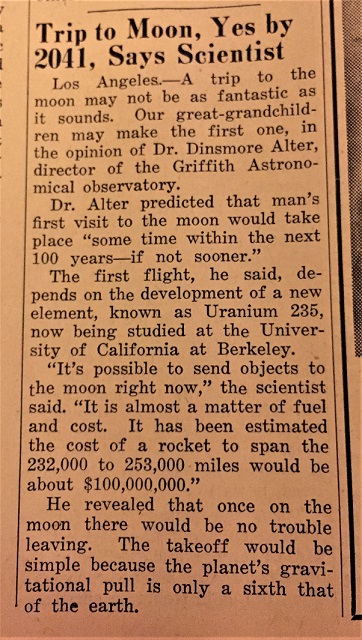
You may not realize it, but many of the materials you've come across this year will be very valuable some day, if not now for various reasons. Even when we're not living through a major world event, knowing what to keep for posterity's sake can be tricky (or not, it's hard to tell sometimes). But, for both trying times and what we know as normal times, here's some information you may not already know, as a nudge, towards identifying what items you should keep for future generations.
And since I'm mainly talking about the items to keep, here's a link to a previous blog post I wrote about preserving and caring for your important materials and artifacts - Old Letters and At-Home Archiving.
Things to keep, in general...
These are items unrelated to this year's events - the pandemic, the tornado that tore through Nashville in March, the election - but still important for future reference.
-
Your marriage certificate and other vital records
I mention this one not to call anyone out, but simply because we in Archives are aware that people don't like to hang on to such things after say, a divorce or if people think they are no longer useful. But especially with marriage certificates, despite whether the marriage has ended for any reason or not, that certificate has a purpose in the future for name-change verification and other reasons (insurance, social security, etc.).
And for posterity's sake, if your family is doing genealogy research in 50+ years, they'll have that document as evidence. Remember, all of us will someday be someone else's past, so leaving archival breadcrumbs for future family members and friends will save them some research trouble, even if documentation in the future will be made easier. It's already trending that way thanks to various institutions digitizing their records, and internet sites like Ancestry and Family Search, but there's still a long-way to go.
-
Your journal or diary
Because finding these things in our records are real gems in revealing people's feelings, way of thinking, cultural references, etc. Or if your family keeps a family bible, which used to be a common custom; that's a highly valuable artifact.
-
Photographs
This seems obvious, but if you do save photos (digital or physical), please make note of the location and date taken, if you know. In the archival and library world, this is known as "metadata", or data that provides info on the item in question.
With digital, the date is usually saved but putting those details in the saved name helps.
With physical images, writing on the back of photos isn't necessarily advised. But if they are not in an envelope, writing on the back of the photographs in pencil is best. Or putting a note with them, written in pencil, is a good idea.
-
Video/audio footage
As we are in the age of rapidly-changing technology, nothing tells a story better than video or audio. And if not that, then a photograph. But the crux of saving these items is that technology is always changing, so who knows if we'll have the ability to access said footage in the future (like how floppy disks are almost impossible to access now). That's where the rule of 3 comes in - saving the material on 3 types of technology. And saving a device to access it, if possible. The internet might be one place to save it to; which I'm assuming the internet will still be around at least in the near future.
Here's some example footage from the Archives' Audiovisual Heritage Center, from the March 2020 tornado damage in Germantown...
-
Other ephemera or items that may not be in physical form in years to come, including: voter registration cards, ID's or driver's licenses, passports, greeting or holiday cards, event tickets, invitations, calendars, etc.
I have no idea if some of these items won't be around in the future - namely if driver's licenses or anything of the sort goes digital. But, if you have any of these items that are expired, like your passport, it's wise to keep it for again, posterity's sake.





